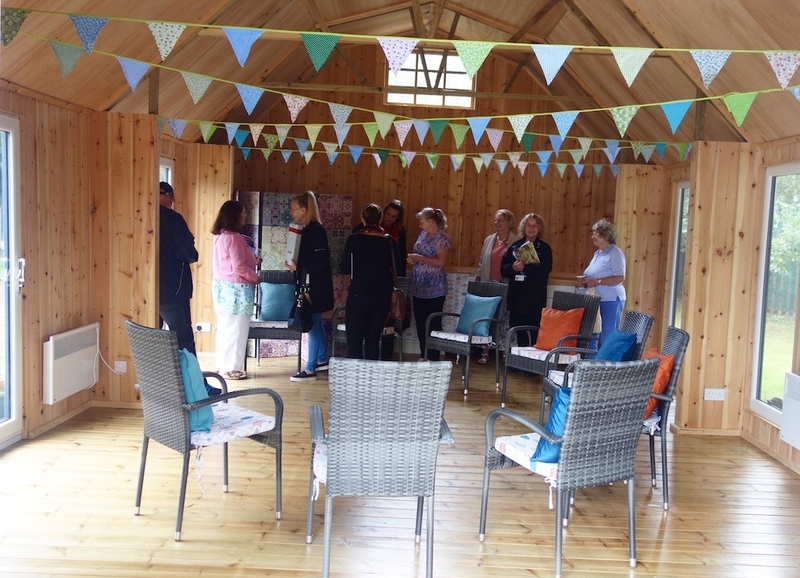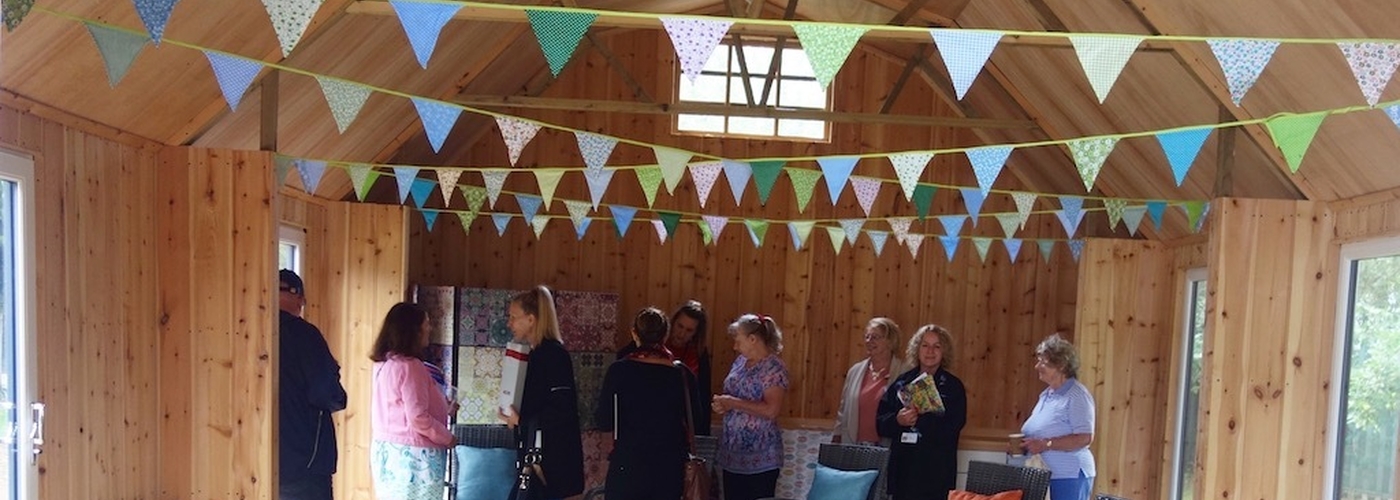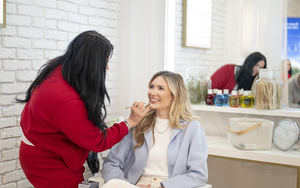Charity launches 'Dutch Barn' at its farm in Garston
MEN’S sheds, it seems, are more than places where the male of the species can sit quietly, contemplate the meaning of life, and pick the fluff from his naval without being judged.
More than a ramshackle wooden hut at the end of the garden, men’s sheds are a movement, an association spreading its influence into every corner of the globe, and isn’t that just men for you?
But this movement is a force for good. Men of a certain age tend to lack support networks and are less likely to disclose mental health problems, to GPs or to those close to them.
In the UK there are now over 400 men’s shed groups, and counting
Back around the beginning of the new Milliennium, in Australia, they recognised the value to their mental health of men coming together around practical tasks.
The theory being, roughly speaking, that as long as a man can avoid looking you in the eye and instead focus on adjusting his wrench, he is more likely to talk about how he really feels.
For those Aussie men, this proved a safer option than their previous method of unburdening themselves to each other, which involved downing eighteen tins of strong lager and falling over.

The venues for these meet-ups were known as Men’s Sheds. In the UK there are now over 400 men’s shed groups, and counting, where blokes pursue practical interests and share in the company of other men.
The UK Men’s Sheds Association says these groups “reduce isolation and feelings of loneliness, they allow men to deal with mental health challenges more easily and remain independent, they rebuild communities and, in many cases, they save men’s lives”.
These sheds are not always sheds; some are empty offices, Portakabins, warehouses and, in one case, a mortuary. In Garston, at the urban farm run by health and social care charity Person Shaped Support (PSS), a new shed has appeared – the purpose-built Dutch Barn.
Funded through Liverpool Council’s Improved Better Care Fund, one of the Dutch Barn’s target groups is men aged between 45 and 60 who may be experiencing mental health issues such as anxiety and depression.

The difference with the Garston shed is that while some activities will focus specifically on men’s health and wellbeing, the space will otherwise be available to the whole community. Thus, anyone can attend sessions on gardening, mindfulness, healthy eating, keeping fit, bird watching, bee keeping, music, arts and crafts and more in an airy, light-filled space that, in their words, “harnesses the therapeutic power of the natural environment to give users that feel-good factor”.
Built at Dutch Farm, an urban green space, the Dutch Barn is located among allotments, flower beds, trees, polytunnels and a fairy garden, and at the opening ceremony, service manager Nicky McGovern invoked the belief of BBC gardening guru Monty Don that “physical contact with the earth is healing”.
PSS wanted those that use their Wellbeing Centres to be involved in its construction; hence the Cabin Crew, mainly made up of service users, who decided on everying from the size, shape and style of the building, to how many windows it should have, and whose concerns and suggestions were taken into account at every stage of the project.
McGovern said men in the 45-60 bracket become more vulnerable to issues like relationship breakdown, redundancy, ill health and financial worry. Add to that, she said, Government policies that pile on more stress. “The DWP and the whole benefits system, forcing people to feel under scrutiny, not believed, having to explain themselves.”
McGovern said the Dutch Barn would be a space where men can “meet and interact, feel less lonely, develop friendships and have fun”.
*Anyone can access the Dutch Barn by self-referral, by calling the PSS Wellbeing Centres on 0151 708 0415 and answering a few questions. www.psspeople.com












